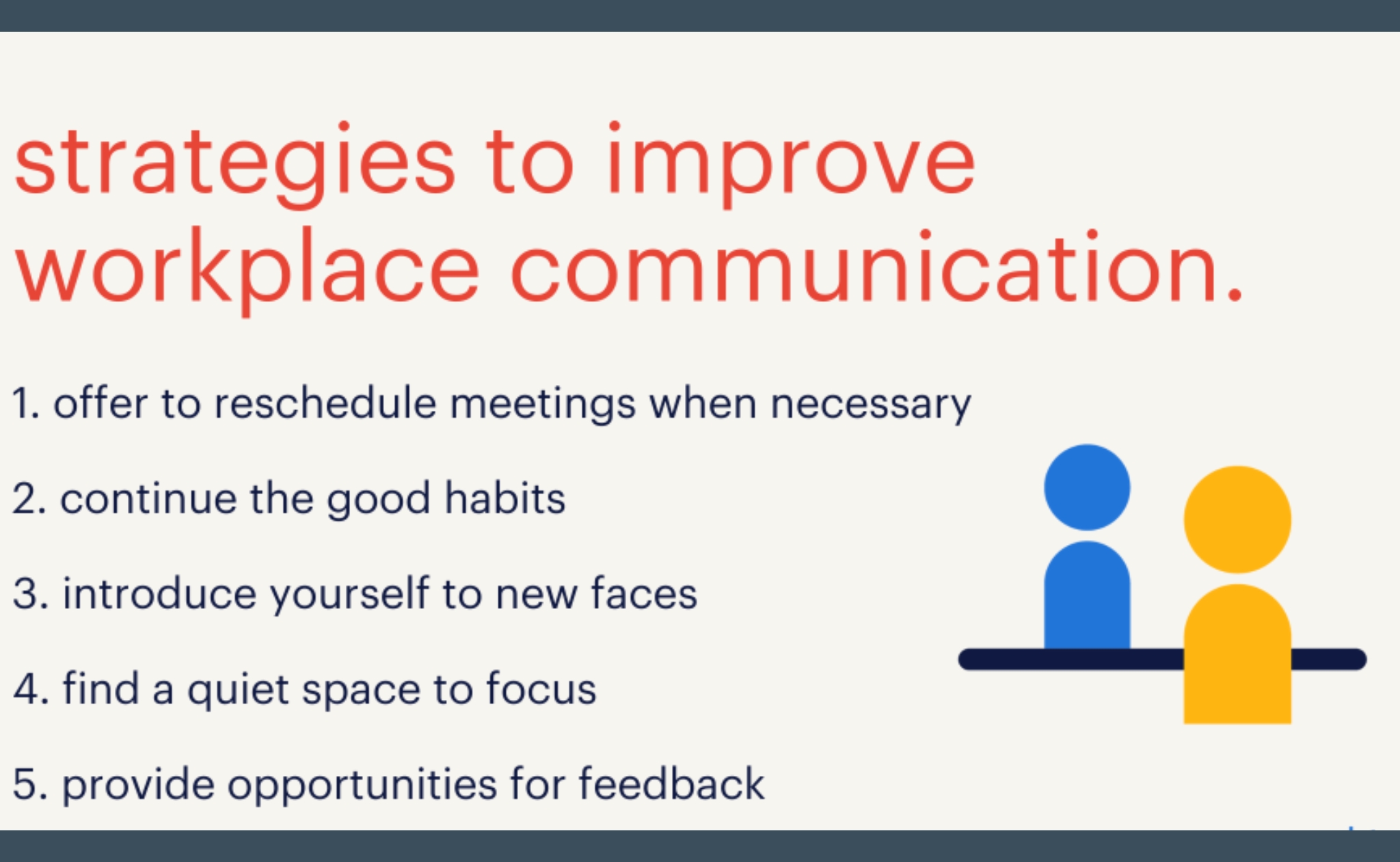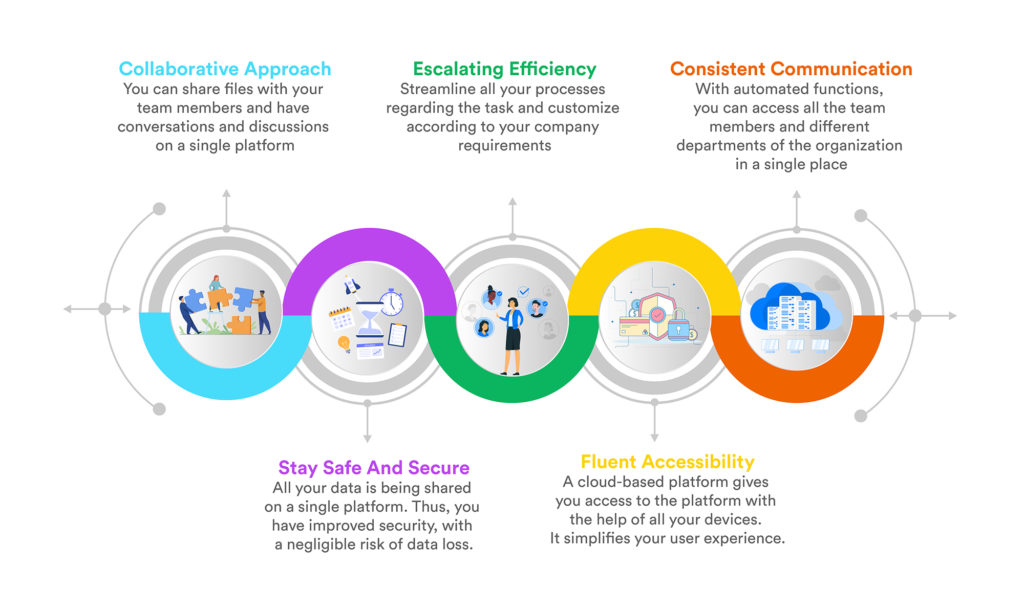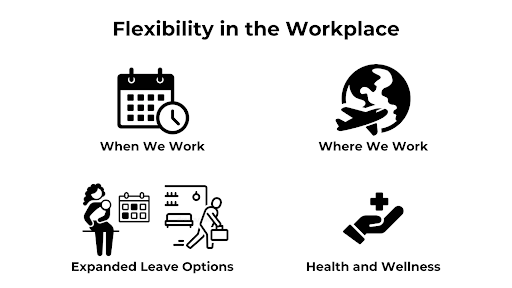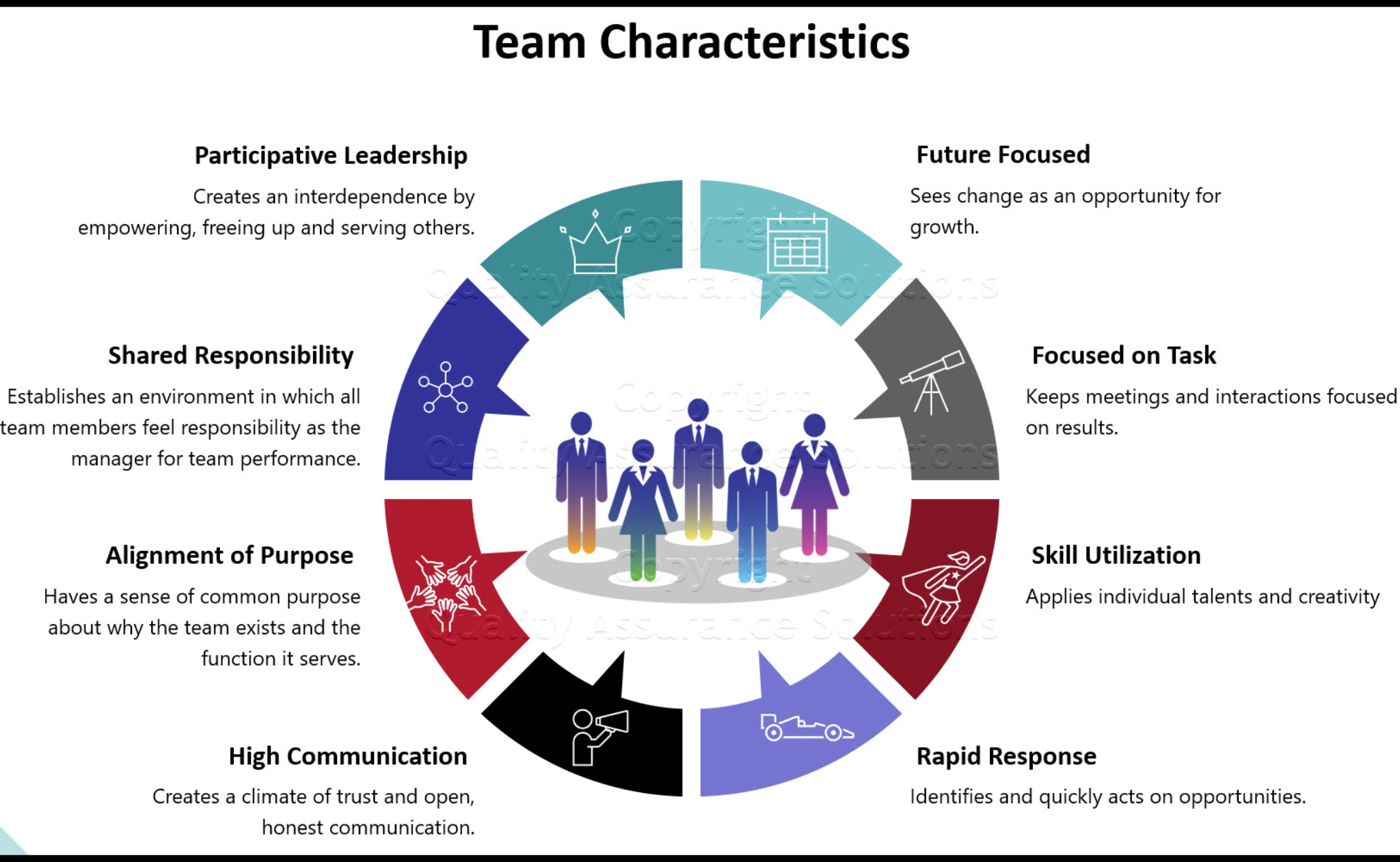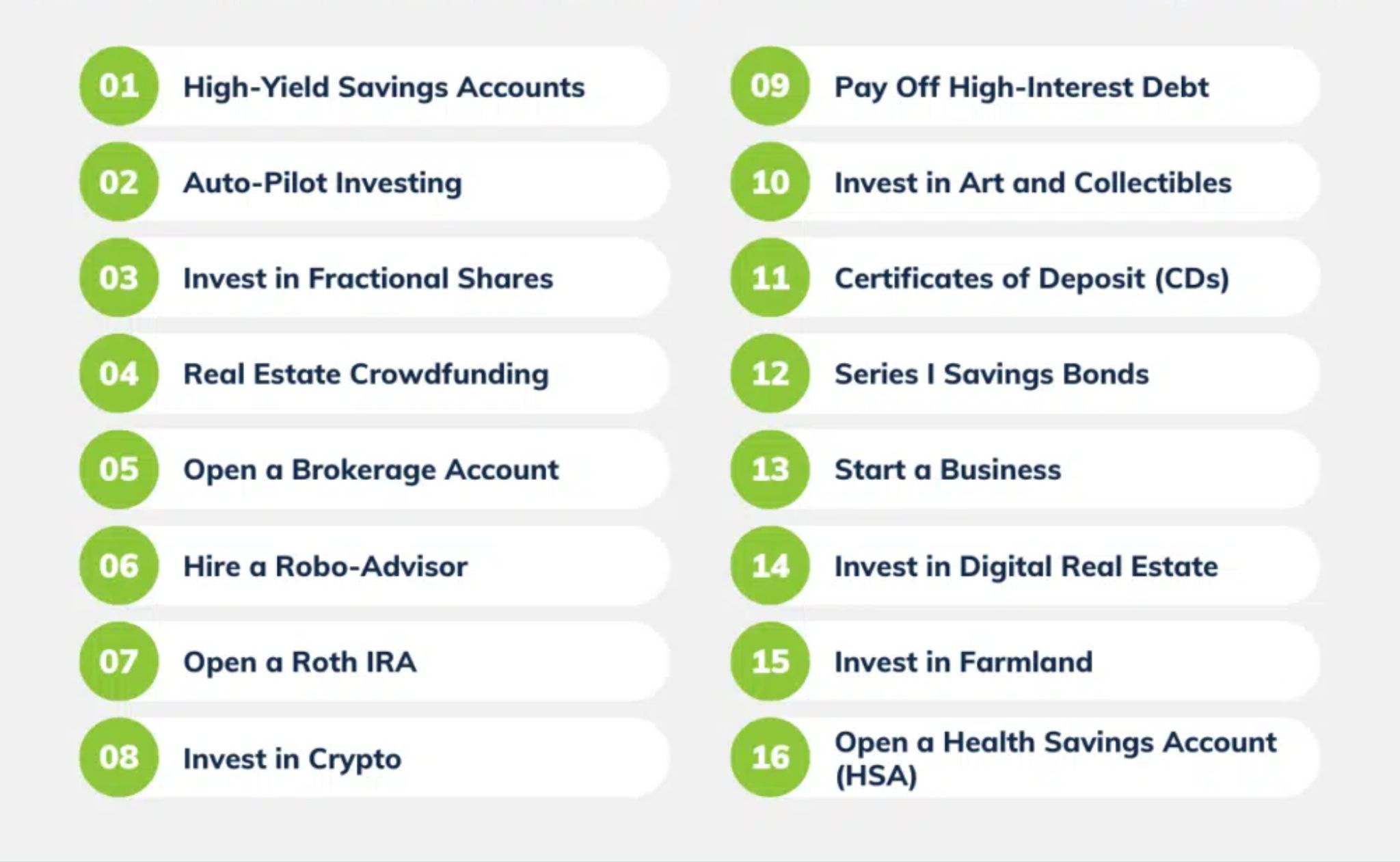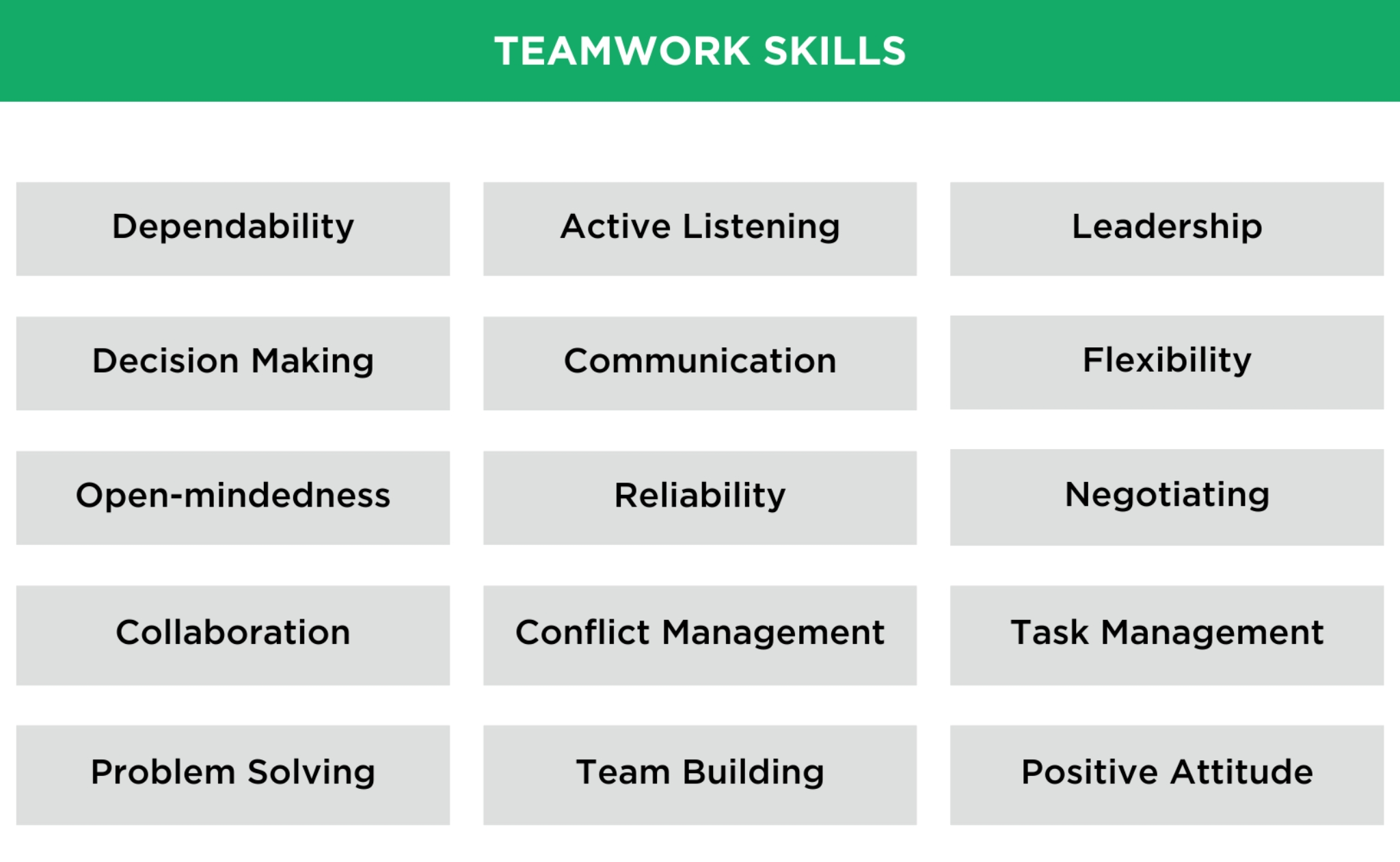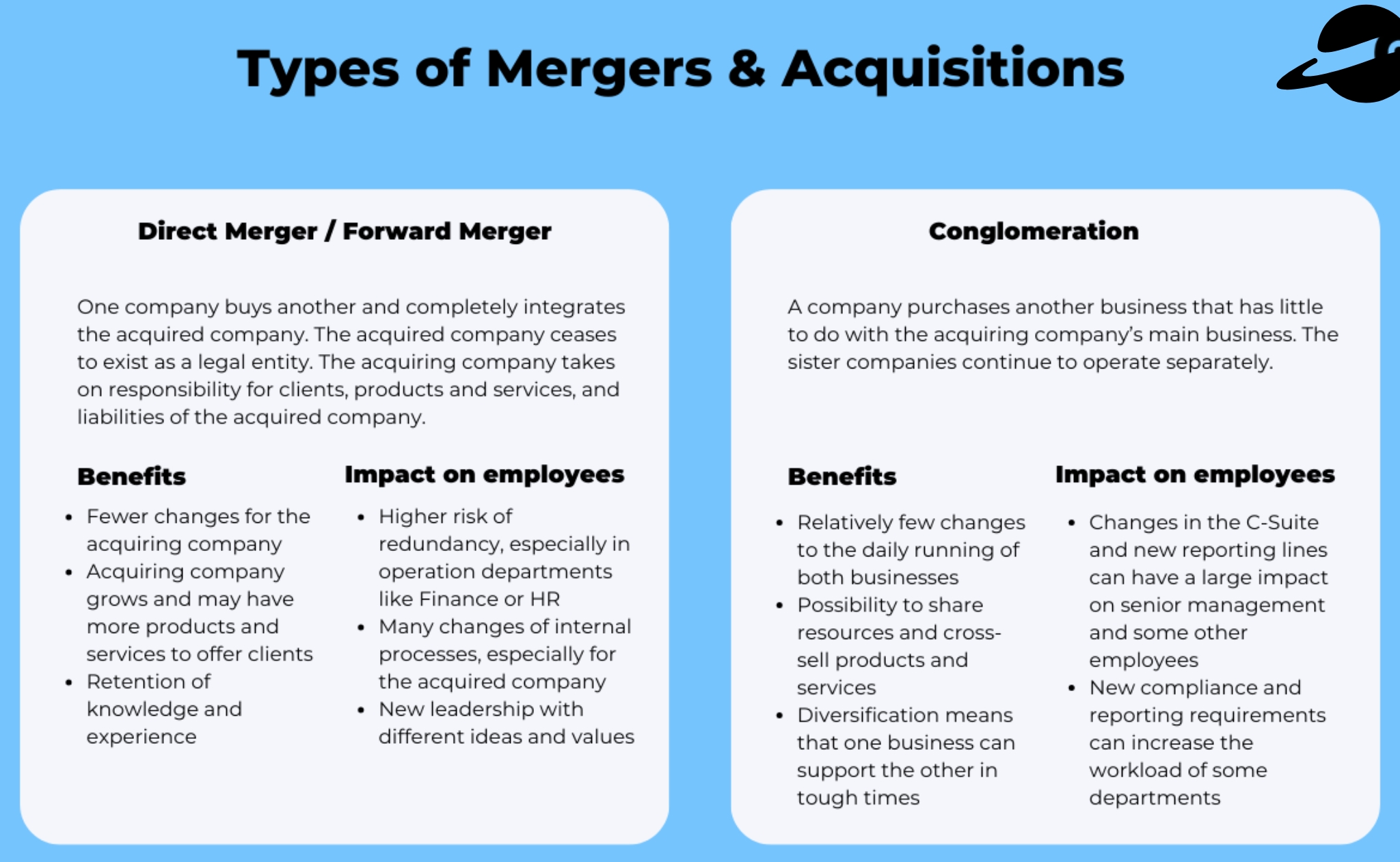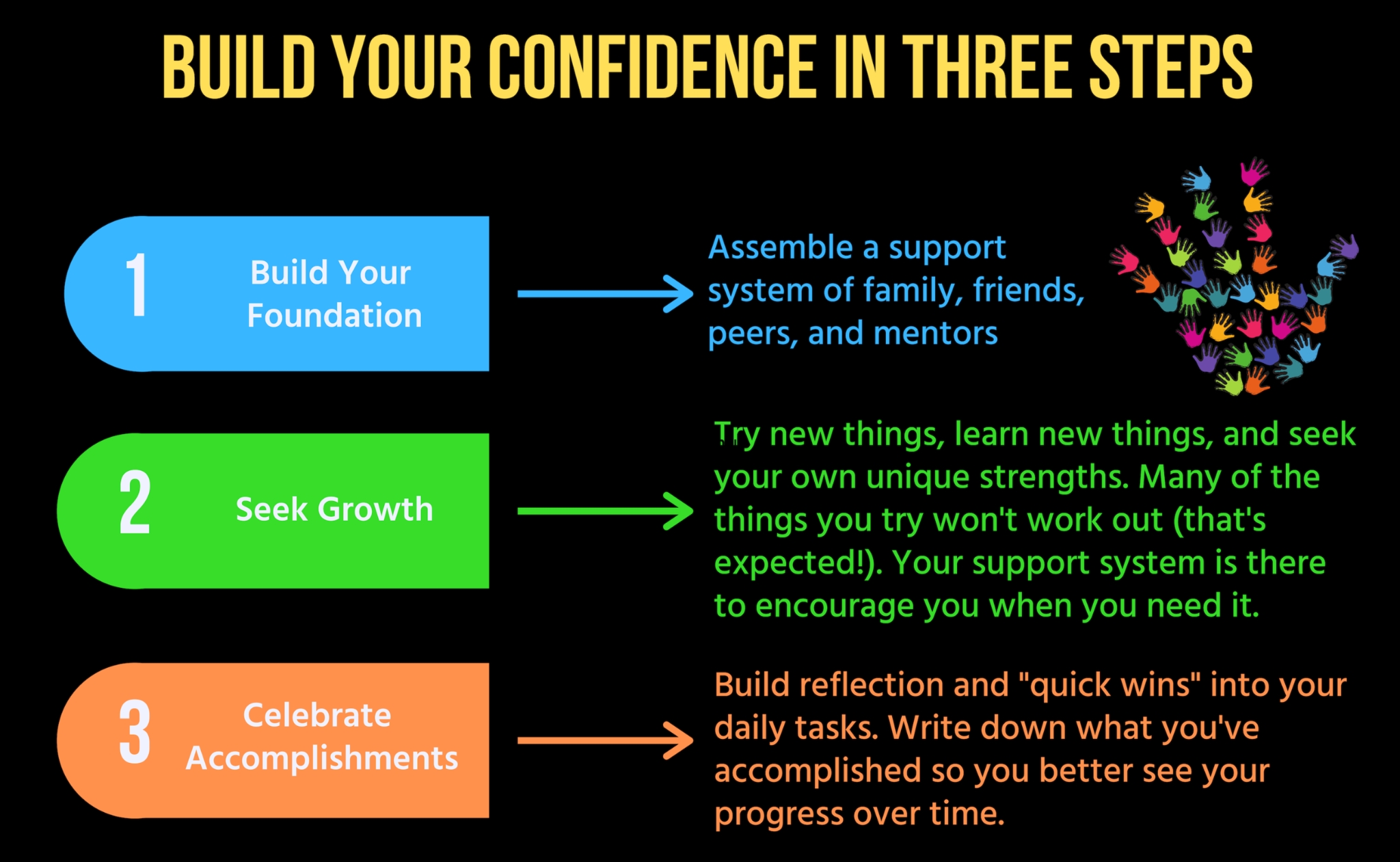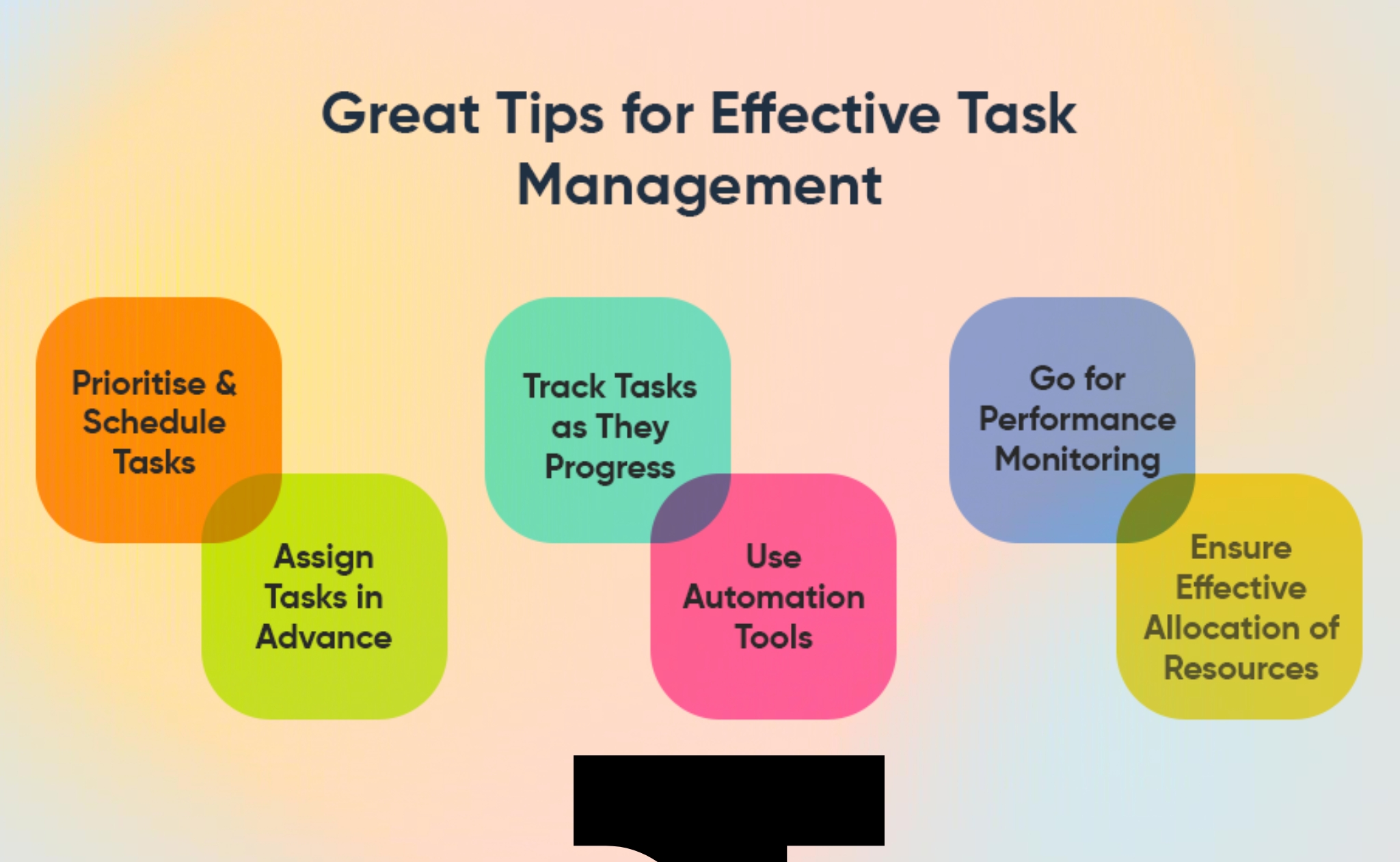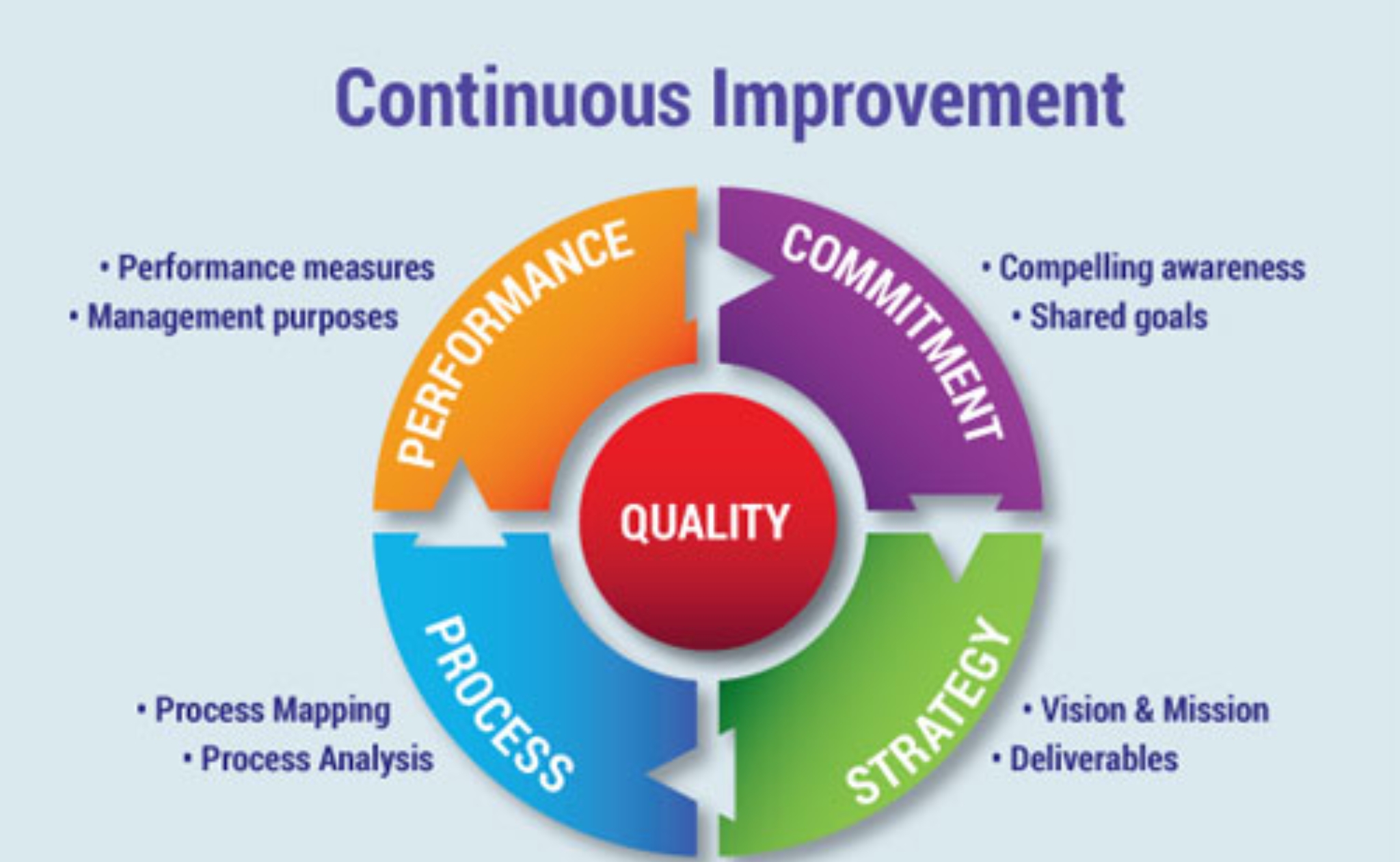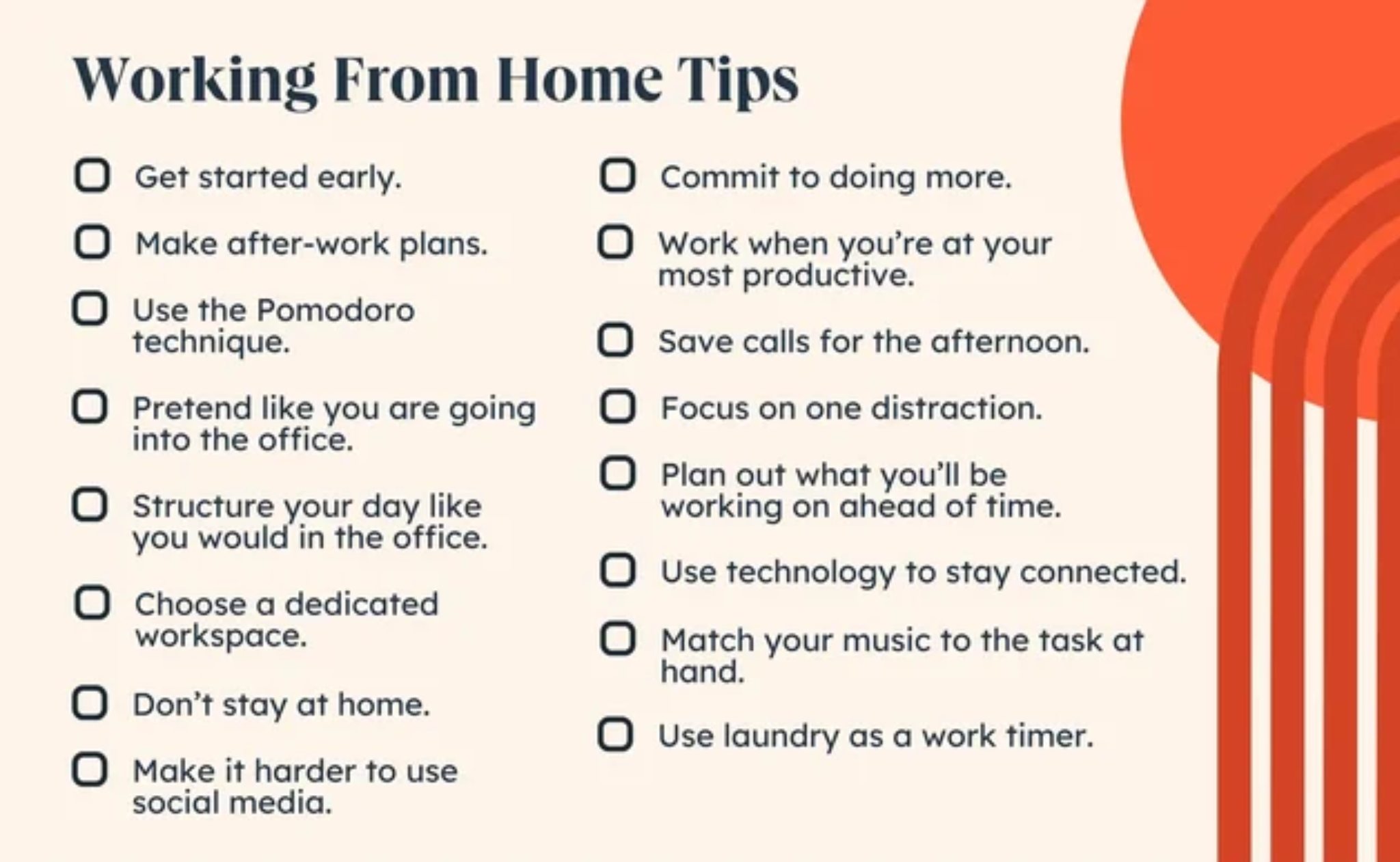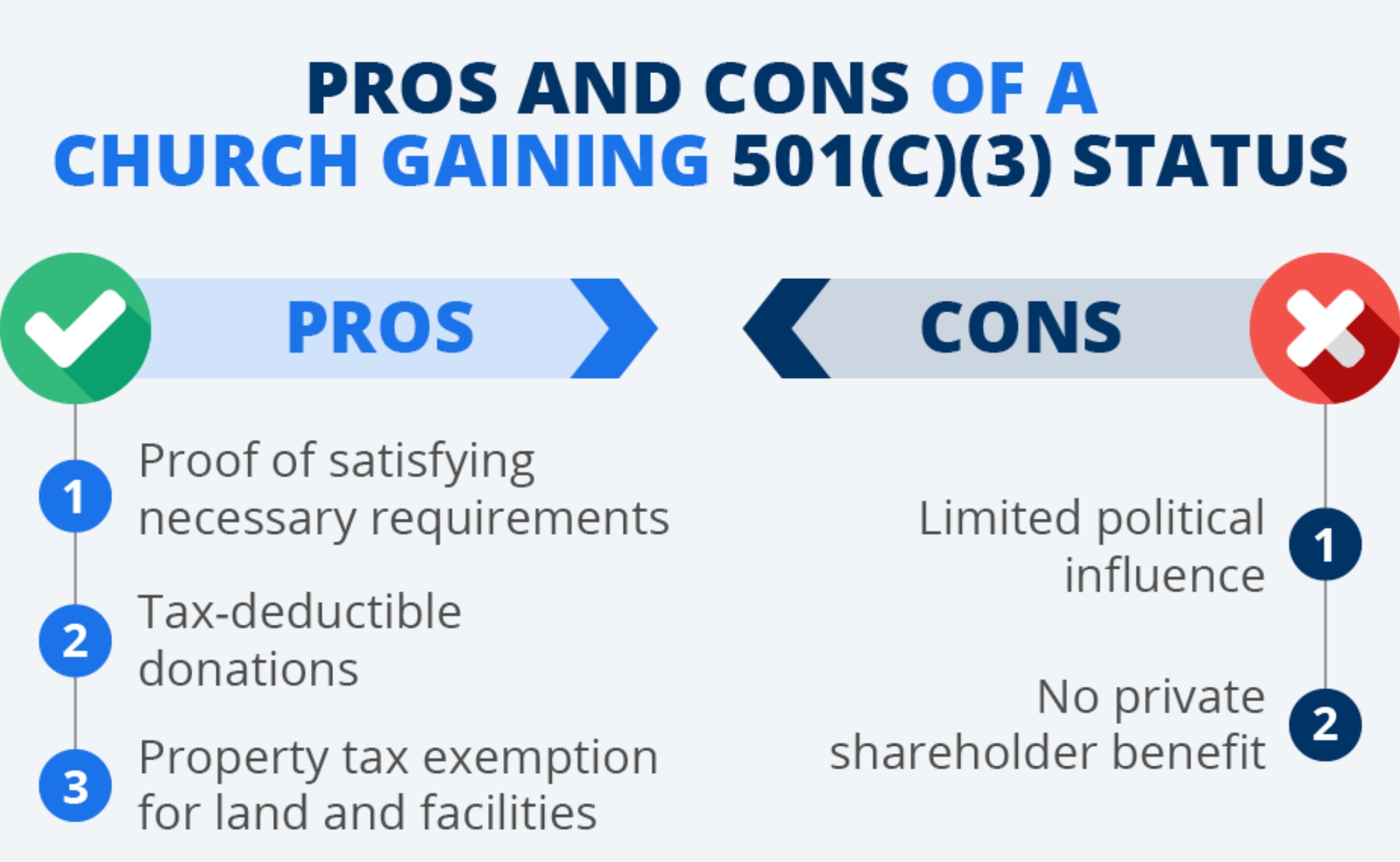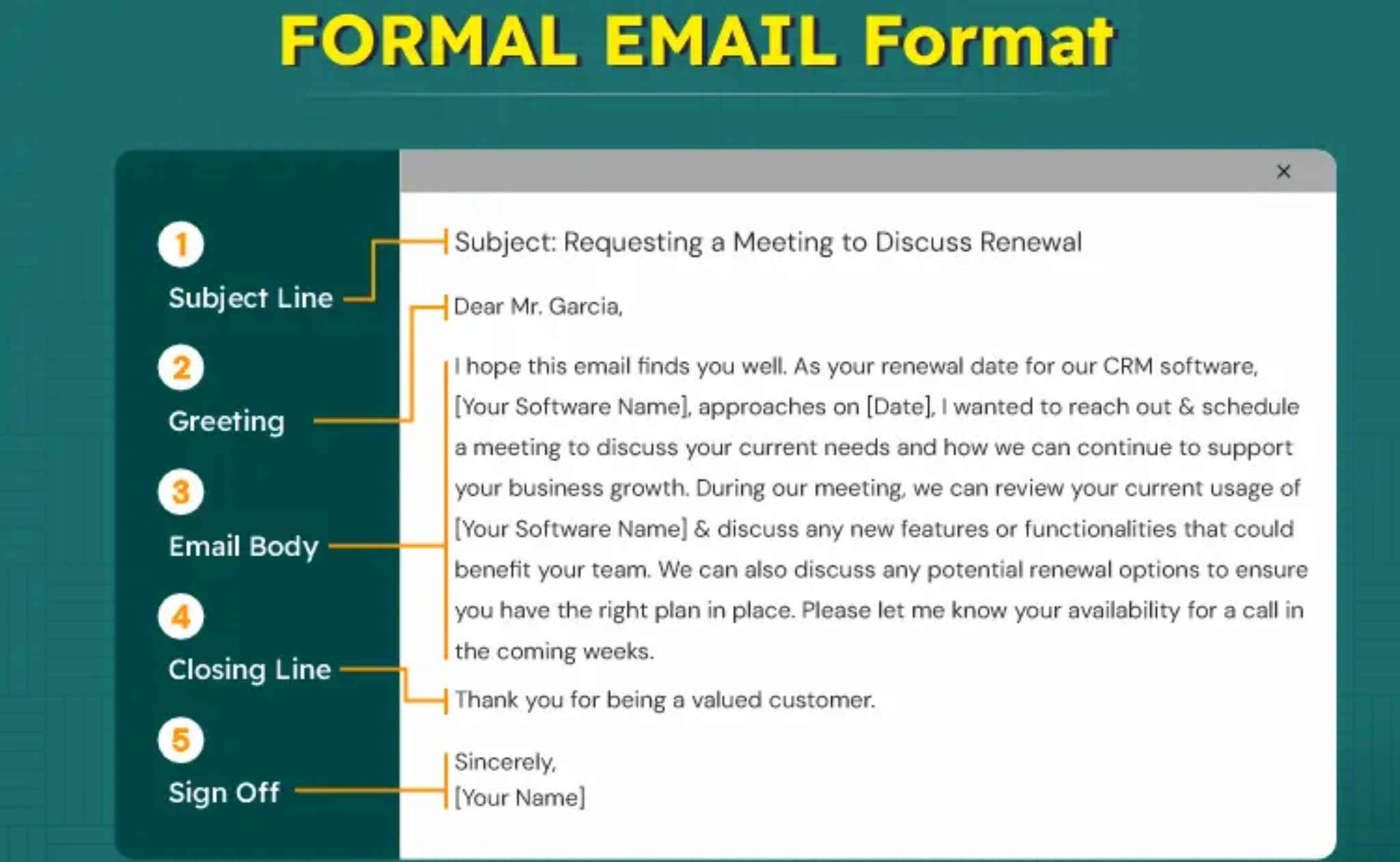One common challenge for leaders is leading and fostering a positive work culture without actually micromanaging their teams. Over the years, there have been many tips and strategies given out, but the following have stood out to me.
Communication is a two-way street, so the listener must take active action when it is appropriate. This means listening carefully and really being there for the coworker who is speaking to you.
If your coworker is especially quiet, the best thing you can do is open the floor for dialogue and a discussion so that they feel comfortable. By being there for them, they will be more likely to talk to you in the future.
Know that every communication is a two-way street
 Make sure that your requests are clear, is it reasonable, and should they be adhered to? Knowing and following through on requests goes a long way in resolving your coworker’s issues.
Make sure that your requests are clear, is it reasonable, and should they be adhered to? Knowing and following through on requests goes a long way in resolving your coworker’s issues.
While you communicate with people with varying capabilities, you need to make sure that your message is clear, and you should be fairly compliant with your counterpart.
Keep an open line of communication
Make sure that you can have multiple lines of communication open with your co-workers. You need to make sure that you can keep your co-workers updated about any changes at work.
It helps to communicate with co-workers to ensure that they are kept up to date as to what you are doing or when you are doing it.
Listen with an open mind
Instead of delivering your own message, listen to the other side. Often, it is not said to add the most value to the message you are delivering.
Also, avoid taking an opposing stance to someone else or your co-worker. Allow the other person to have their say and also discuss their point of view with them.
Listen to all sides of the story before you give an opinion. You should always be honest and open with your co-workers.
Have a solid understanding of your boss’ expectations
Make sure that you have a solid understanding of what your boss expects from you. If you cannot do this, your boss will likely have issues with you as you cannot deliver.
If your bosses’ expectations are unclear, then you could end up making mistakes or doing the wrong thing. Try to clarify them to be clear on what to do or what you should do.
Make your requests in a productive and positive way
Rather than complaining, it is often better to offer up a solution. Complaining may sound good, but it is usually done negatively.
Positively make your requests to avoid misunderstanding and animosity. This way, you can get things done and see what you deliver according to your bosses’ expectations.
Create systems for meetings
Always make sure that you have set times when employees can meet with their peers. This could be to catch up with a close colleague or get together and do some brainstorming.
Make sure your systems for meetings are clear, and all employees know what to do.
As you can see, being a good boss is a matter of knowing what to do. You have a long career ahead of you, so be sure that you are learning to form the best examples that you can find.
By being a good boss, you will improve the lives of your employees.
Get a mentor

A mentor is someone that has successful experience and knowledge that you can apply to your life. A mentor can offer you advice on how to handle particular problems.
They can also help you see your strengths and help you to build upon them.
If you are worried about one of your employees, the best thing you can do is let them know that you have their back. Most people will work harder to please their boss, so you will want to have a good relationship with them.
If you let them know that they can do whatever is asked of them, you can gain their respect.
Be clear and communicative when communicating with your team. Listen to what they have to say and consider what their needs are.
They have feelings, just like everyone else, and some of them may have issues that you can’t see. However, you can learn a lot from them and should try to notice what motivates them.
Learn to read and motivate your employees
They will let you know if they’re happy or if something is amiss. Please keep track of their performance and overall job satisfaction.
Have a positive outlook towards the people working for you, and you will find that they’re working harder to please you.
This is a key aspect of being a good boss. You can motivate them to do what you want them to do or even convince them that they should do something you’re not necessarily in favor of.
Don’t force your requests
Whenever you need something from your co-workers, please don’t force it. You should remember that you should always be pleasant and courteous when dealing with your co-workers.
Make sure that you deliver your requests on time without overloading them. Try to look for a mutually beneficial solution when you are demanding something from your co-workers.
Go the extra mile
Try to go the extra mile in your coworkers’ tasks. Sometimes, you can help them by sharing information with them that you know.
You might be the first to come to their aid when they are in need. Your co-workers will appreciate your help, and it will make your co-workers feel valued.
Try new things
Try to get into your coworkers’ circle and get to know them better. This way, you will have a better idea of what they like and don’t like.
This will help you deliver more successful and productive tasks.
Be of service

Sometimes, when you offer your help, you are also of service to your coworkers. They appreciate the small things you do, and your coworkers will come to you for advice or help.
They will be more inclined to ask you for help when they need it.
Always be willing to make a change
As a coworker, you should always be willing to change your job and ask your boss to change something. This way, you can make a small difference in the overall efficiency of your job.
This will boost your productivity and the productivity of your co-workers. This will also make your boss happy because you are more likely to get the things you have been tasked with.
Have you ever had a bad boss or co-worker? What would you do to improve their working conditions?

